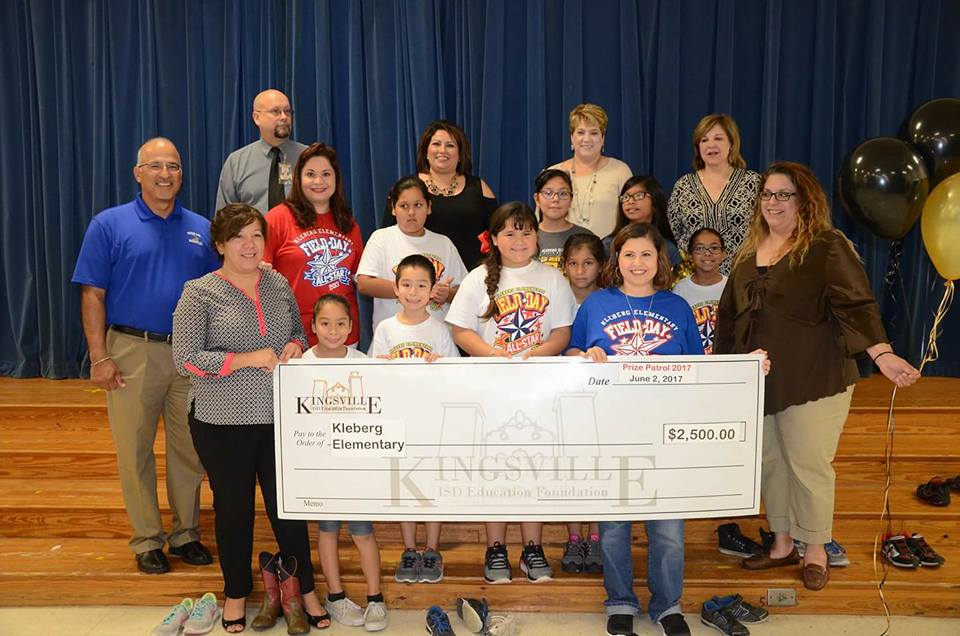Table of Contents

Education is a journey that not only involves students but also their parents. The relationship between parents and students is crucial in shaping the academic, emotional, and social development of children. In this article, we will explore the significance of the parent-student bond and how it can be nurtured to foster a supportive and inclusive learning environment.


Why Parental Involvement Matters
Parental involvement in education is more than just attending parent-teacher conferences or helping with homework. It's about being actively engaged in a child's educational journey, understanding their strengths and weaknesses, and providing the necessary support and guidance. Research has shown that when parents are involved in their child's education, it leads to better academic performance, improved behavior, and increased motivation. Moreover, parental involvement helps to build trust and strengthens the parent-student relationship, which is essential for a child's emotional and psychological well-being.


Benefits for Students

The benefits of a strong parent-student relationship are numerous. Students who have supportive parents tend to:

- Perform better academically
- Have better attendance and punctuality
- Develop improved social skills and emotional intelligence
- Have higher self-esteem and confidence
- Be more motivated and engaged in their learning

Benefits for Parents
Parental involvement is not a one-way street; it also benefits parents. By being engaged in their child's education, parents can:
- Stay updated on their child's progress and performance
- Develop a better understanding of their child's strengths, weaknesses, and interests
- Build a stronger relationship with their child, based on trust and mutual respect
- Gain a sense of fulfillment and satisfaction from contributing to their child's education
- Network with other parents and educators, building a support system

Nurturing the Parent-Student Bond
Nurturing the parent-student bond requires effort and commitment from both parties. Here are some tips to foster a strong and supportive relationship:
- Communicate regularly and openly with your child about their education and interests
- Attend school events, parent-teacher conferences, and other activities
- Help with homework and projects, but also encourage independence
- Set clear expectations and boundaries, while also being supportive and understanding
- Encourage your child to ask questions, explore their interests, and develop a growth mindset
In conclusion, the bond between parents and students is vital for a child's educational, emotional, and social development. By being actively engaged in their child's education, parents can provide the necessary support and guidance, leading to better academic performance, improved behavior, and increased motivation. As we strive to empower education, let us not forget the significance of the parent-student relationship and the role it plays in shaping the next generation of learners.
By working together, we can create a supportive and inclusive learning environment that benefits both parents and students. So, let's nurture this vital bond and give our children the best possible start in life.